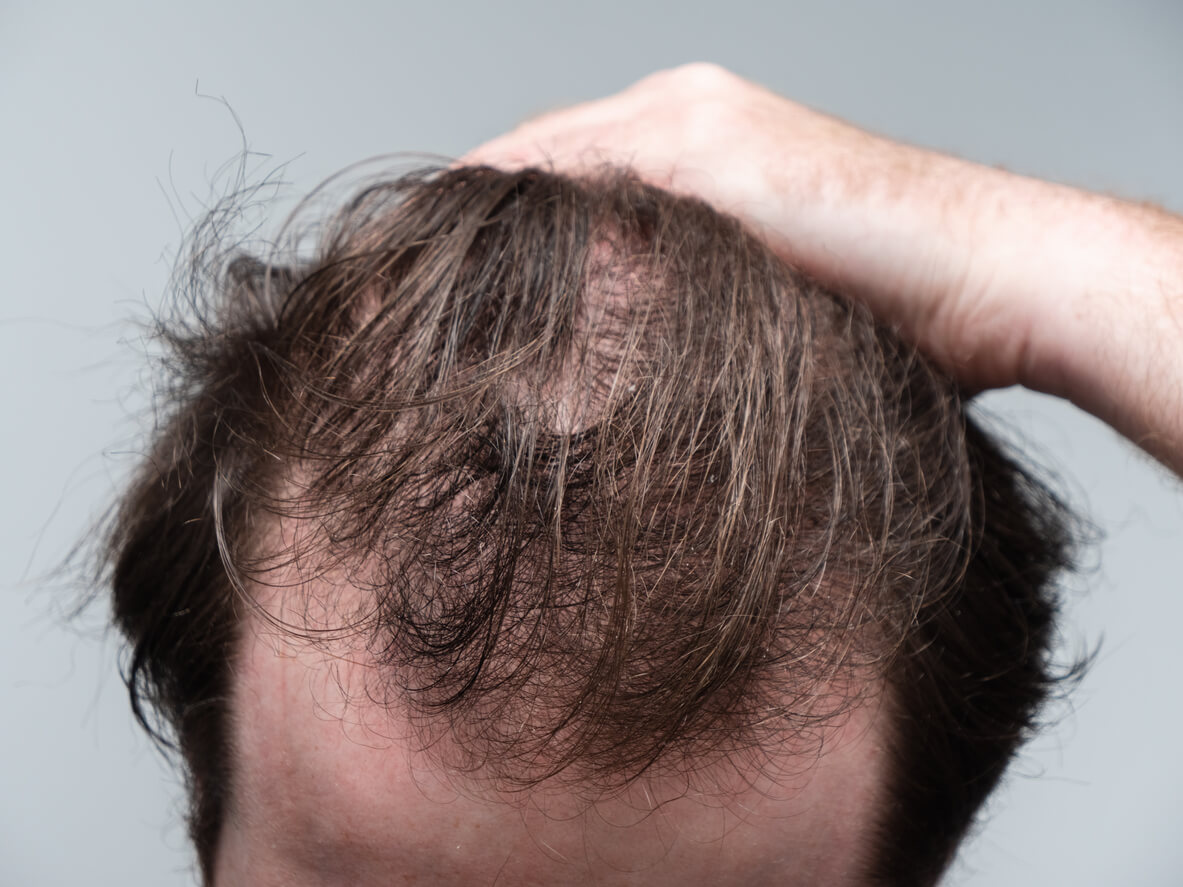
The U.S. Food and Drug Administration is investigating whether popular diabetes and weight loss drugs may be linked to suicidal thoughts, hair loss and a dangerous reaction that can occur while patients are under anesthesia.
The drugs include Ozempic, Wegovy, Mounjaro and Zepbound. The FDA identified three potential side effects in a quarterly report that identifies “potential signals of serious risks” and new safety information about drugs. It was based on side effects reported to the FDA Adverse Events Reporting System (FAERS) database.
What Are the Potential Ozempic Side Effects?
The FDA noted a trend of reports of three side effects: suicidal thoughts, aspiration and alopecia — a severe type of hair loss.
FAERS Case Count By Reaction: Ozempic, Mounjaro, Zepbound and Wegovy
| POTENTIAL SIDE EFFECT | NUMBER OF REPORTS TO FAERS |
| Suicidal ideation or thoughts | 135 |
| Aspiration | 10 |
| Alopecia | 397 |
Source: FDA, FAERS Public Dashboard
Suicidal Ideation
Suicidal ideation is a term that covers various thoughts, wishes and preoccupations related to death and suicide.
Wegovy’s label already carries a warning about suicidal behavior and ideation. It recommends monitoring for depression and suicidal thoughts and discontinuing use if either occurs. A related diabetes drug Saxenda also carries a similar warning on its label.
The European Union has been investigating GLP-1 receptor antagonists, including Ozempic, Wegovy and Saxenda. The European Medicines Agency was expected to wrap up its investigation in November 2023, but in December it asked drugmakers for more information about reports of suicidal ideation among patients taking the medications.
Aspiration
Aspiration is a condition in which patients accidentally breathe in liquids or solids during anesthesia. This typically happens because their protective throat reflexes aren’t strong enough.
In June 2023, the American Society of Anesthesiologists advised patients to discontinue GLP-1 RA medications before elective surgeries due to potential complications. The group cited anecdotal reports of increased risk of regurgitation and aspiration of food during anesthesia and sedation.
“These complications can be serious, so we are providing guidance on when GLP-1 agonists should be stopped in advance of an elective procedure,” ASA President Dr. Michael W. Champeau said.
Alopecia
Androgenetic alopecia and alopecia areata are the two main types of alopecia. The first type is caused when some hair follicles become more sensitive to a hormone called dihydrotestosterone, while the second type is an immune system reaction.
There have been anecdotal reports of hair loss among people taking Ozempic and similar medications for some time. It has often been blamed as a side effect of rapid weight loss rather than the drugs. Any type of stress can trigger hair loss.
Stress-related hair loss is called telogen effluvium — different from alopecia. The fact that the FDA has flagged alopecia for evaluation suggests a separate problem.
What Should I Do If I’m Taking Ozempic or Similar Drugs?
According to the FDA website, if a drug is listed in its quarterly risk reports, it does not mean the FDA has concluded that the drug has the listed risk or established a causal relationship. It simply means the FDA has identified a potential safety issue. Right now, the FDA is evaluating whether it needs to take regulatory action.
If the FDA finds out that the drug is linked with any risks, it may take further steps that the agency believes are necessary.
Possible FDA Options If a Risk Is Confirmed
- Modifying the drug’s label
- Implementing a Risk Evaluation and Mitigation Strategy (REMS)
- Collecting more data to better understand the risk
The FDA has not advised against prescribing or taking the drugs while it evaluates any potential safety issue. Talk to your health care provider if you have concerns.